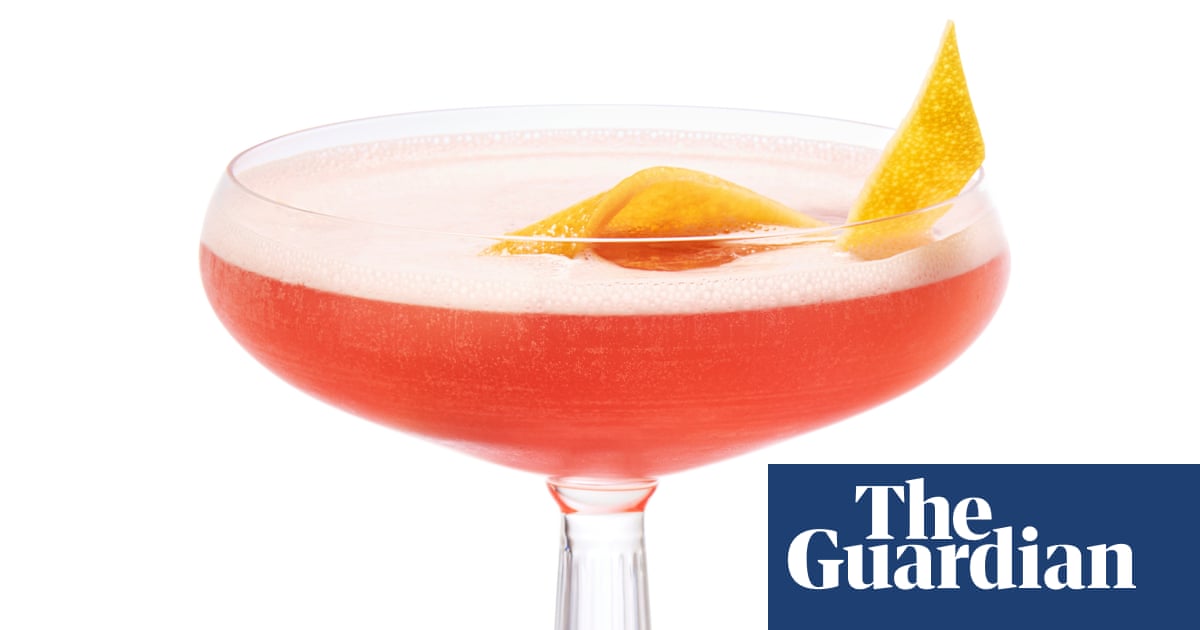The article presents a cocktail recipe that prominently features Campari and highlights the use of local Cornish gin from Caspyn. The inclusion of a personal touch from the co-owner of Beach House Falmouth, William Speed, adds an element of authenticity and community engagement to the piece.
Purpose of the Article
The primary goal is to promote a specific cocktail while showcasing local ingredients and producers. The emphasis on using Cornish gin not only supports local business but also appeals to readers interested in regional products. This aligns with a broader trend of consumers seeking authenticity and local connections in their food and drink choices.
Public Perception
By featuring a cocktail recipe, the article aims to foster a positive perception of the Beach House Falmouth as a trendy and innovative venue that values local partnerships. It positions the establishment as a go-to place for unique cocktails, potentially attracting a clientele that appreciates artisanal and locally sourced beverages.
Omitted Information
There’s no apparent attempt to hide or obscure information. The article is straightforward, focusing on the recipe and the ingredients. However, it might overlook broader discussions about the implications of promoting alcohol consumption in social settings, which could be a point of concern for some readers.
Trustworthiness of the Content
The article appears reliable, as it provides clear instructions for making the cocktail and mentions specific brands. However, the subjective nature of taste and preference in cocktails means that not every reader may agree on the effectiveness of the recipe.
Potential Community Impact
The focus on local products may encourage readers to support local businesses, which could positively affect the local economy. Additionally, it could inspire others to explore and create cocktails, promoting a culture of mixology within the community.
Target Audience
This article likely appeals to food and drink enthusiasts, particularly those interested in cocktails, local cuisine, and sustainable practices. It may resonate more with younger adults who frequent bars and restaurants that prioritize locally sourced ingredients.
Market Influence
While the piece may not directly influence stock markets or global economic trends, it contributes to a growing trend in the food and beverage industry that values local sourcing. This trend can impact businesses in the hospitality sector, including those involved in the production and distribution of spirits.
Geopolitical Relevance
There isn't a significant geopolitical angle to this article. However, it reflects a broader cultural shift towards localism and sustainability, which is relevant in discussions about global supply chains and consumer behavior.
AI Involvement
There’s no clear indication that AI was used in crafting this article. The tone and style appear to reflect human authorship, focusing on personal experience and local engagement rather than the statistical or data-driven narratives often associated with AI-generated content.
Manipulative Elements
The article doesn't seem manipulative in nature. It promotes a specific product and lifestyle choice but does so in a transparent and engaging manner. The language is inviting rather than coercive, encouraging exploration rather than confrontation.
In conclusion, the article serves as a promotional piece that highlights a cocktail recipe while fostering local community ties. Its authenticity and focus on local ingredients enhance its appeal, making it a trustworthy source for cocktail enthusiasts.
